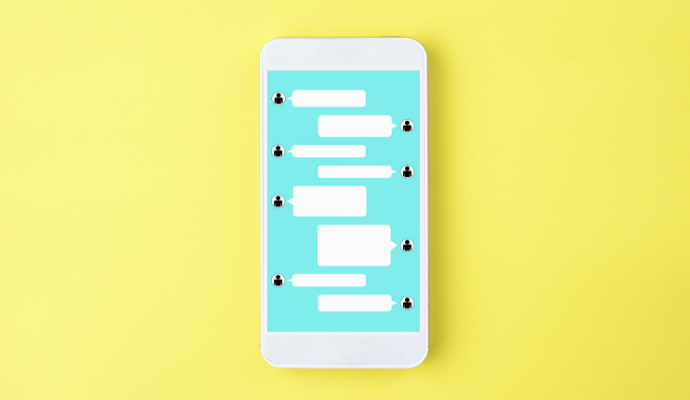Smartphone-Based Mental Health Apps Mainly Provide Basic Features
New research shows that although various mental health services are offered via smartphone apps, only a few provide innovative features like specialized therapies.

Source: Getty Images
- Recent research findings published in JAMA Network Open show that currently available smartphone-based mental health applications offer few and fewer innovative, instead primarily offering basic features such as psychoeducation, goal tracking, and mindfulness.
Recently, the use of smartphone-based apps to treat mental health conditions has expanded widely. In July, for example, a group of researchers created a mobile app that allowed patients to track and monitor mental health symptoms while gaining access to education on how the pandemic affects stress and strategies for coping with high anxiety levels.
Through this study, researchers aimed to assess the features of smartphone-based mental health apps while also obtaining data related to star ratings and downloads. They reviewed 578 mental health apps across 105 dimensions, all of which came from the M-Health Index and Navigation Database (MIND). Based on the American Psychiatric Association’s app evaluation framework, the publicly available database involves a comprehensive assessment of mental health-related apps.
The assessment spans six categories: app origin and accessibility, privacy and security, clinical foundation, features and engagement, inputs and outputs, and interoperability.
The researchers also considered five MIND criteria: having a privacy policy, reporting security measures in place, declaring data use and purpose, allowing for data deletion, and allowing users to withdraw from data collection.
Among the apps, there were 22 unique features related to therapeutics. The most common feature was psychoeducation, with 237 (41 percent), followed by goal setting/habit at 218 (38 percent), and mindfulness at 217 (38 percent).
On the flip side, the least common features were biofeedback and sensor data, with only 1 percent of apps offering these, Acceptance and Commitment Therapy (2 percent), and Dialectical Behavioral Therapy (2 percent).
The study also made note of the most common types of conditions that the apps claimed to help treat were substance abuse related to smoking or tobacco, stress and anxiety, and nonserious mood disorders, with 33 percent, 28 percent, and 20 percent, citing these, respectively.
Further, researchers found that 443 of the 578 analyzed apps (77 percent) had a privacy policy. Among them, there was no significant correlation between privacy scores, Apple App Store ratings, and Google Play Store star ratings. However, researchers noted that app downloads on the Google Play Store weakly correlated with privacy scores. This indicates that app popularity metrics offer little support in identifying apps with more privacy.
Research findings also revealed common app inputs, which included surveys (45 percent), diary entries (34 percent), and microphones (21 percent). The most common outputs were notifications (68 percent), data summaries (61 percent), and references and information (50 percent).
Based on this data, researchers concluded that current app marketplaces offer a broad set of basic features; however, there is a dearth of innovative features.
Researchers also noted several limitations to their study, including gathering data from app self-declaration, examining apps based on MIND questions, the absence of the evaluation of app quality, the use of cheaper apps, and a lack of content quality analysis.
Providers are increasingly using app-based care to deliver behavioral healthcare. Through a partnership last year, the University of Texas Health Science Center at San Antonio expanded access to an app for patients suffering from substance use disorders.
The app provides users with behavioral health support, one-on-one peer support, and specialized meetings for the family and loved ones of substance user disorder patients.
